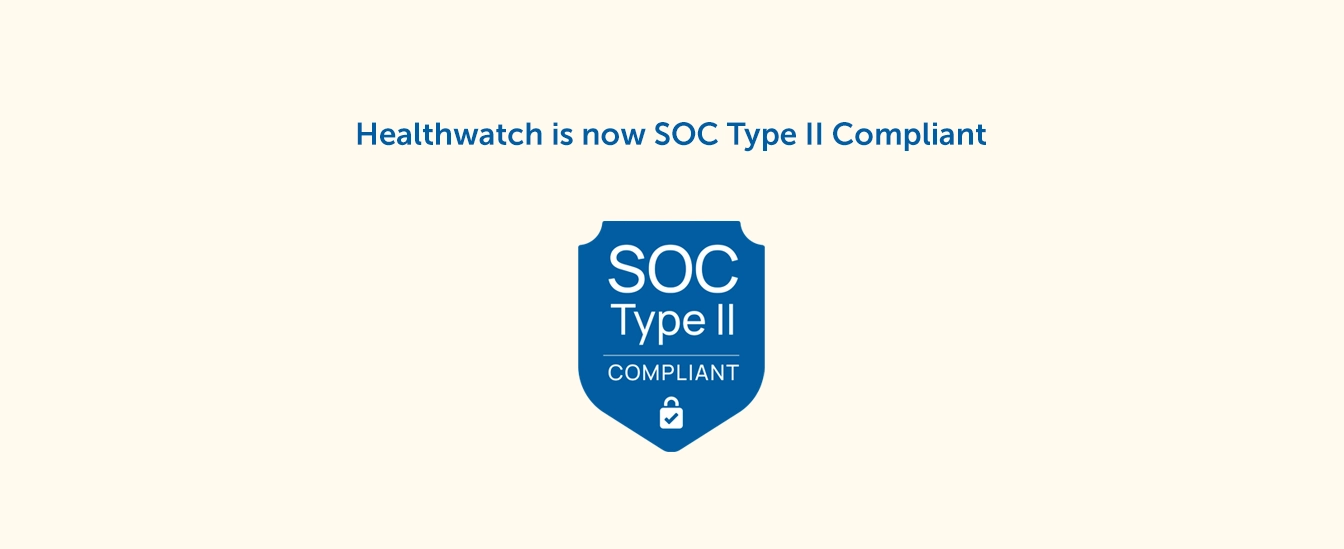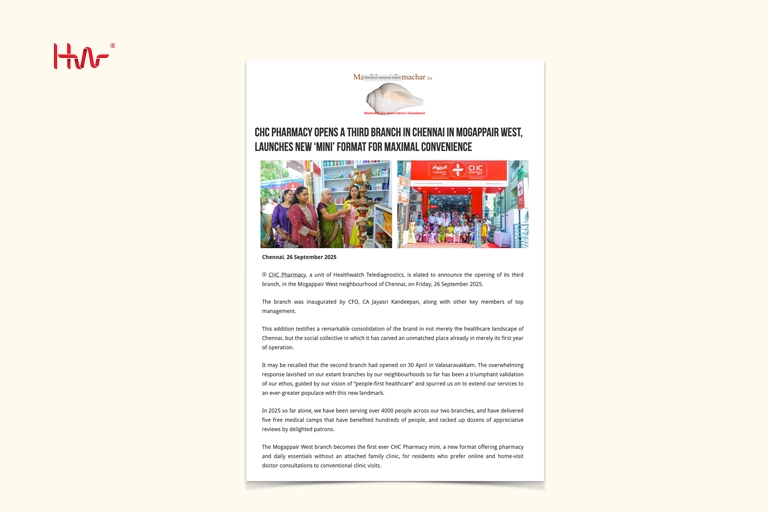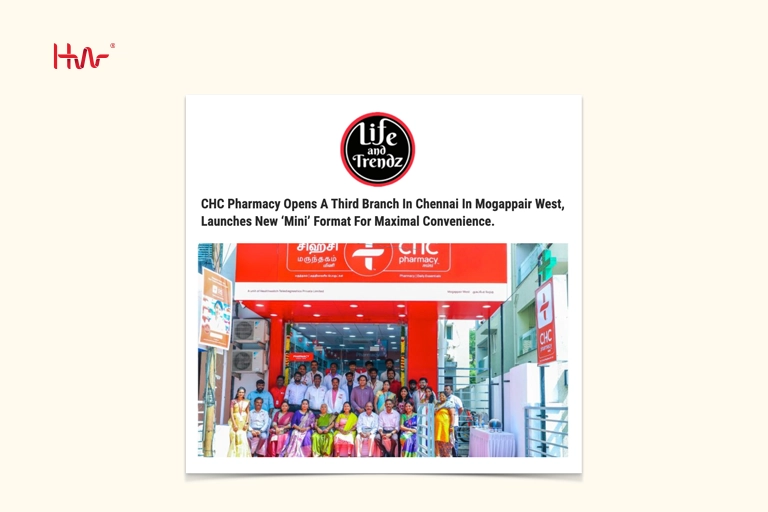In our fast-paced, constantly connected world, stress has quietly become one of the most serious threats to our health. While it may begin in the mind, stress doesn’t stay there. Over time, it takes a toll on your body – particularly your heart. Understanding how stress affects your cardiovascular system is the first step in protecting it.
The Silent Link Between Stress and Heart Health
Stress is the body’s natural response to challenges or threats. When you’re under stress – whether it’s work deadlines, financial strain, or emotional upheaval – your body reacts by releasing hormones like adrenaline and cortisol. These hormones prepare your body for a “fight or flight” response, increasing heart rate and blood pressure temporarily.
In short bursts, this response can be helpful. But when stress becomes chronic, it puts your heart under constant pressure. Elevated blood pressure, increased heart rate, and inflammation can all contribute to long-term heart issues, including:
- Hypertension (High Blood Pressure): Continuous stress leads to persistently high blood pressure, which strains the heart and arteries, increasing the risk of heart attacks and strokes.
- Irregular Heart Rhythms: Anxiety and stress can trigger episodes of abnormal heart rhythm (arrhythmia), especially in people already prone to heart conditions.
- Weakened Immune System: Chronic stress weakens the immune response, making the body more vulnerable to inflammation, which is closely linked to heart disease.
- Unhealthy Coping Habits: Stress often leads to poor lifestyle choices – overeating, smoking, alcohol use, and physical inactivity – that further burden the heart.
- Increased Risk of Cardiac Events: Several studies have linked chronic stress, especially from work or relationships, to a significantly higher risk of cardiovascular events like heart attacks.
Listening to the Heart: More Than Just a Phrase
Many of us tend to ignore the early signs of heart trouble, brushing off fatigue, palpitations, or chest tightness as “just stress.” But these symptoms are often your heart’s way of asking for attention.
Since 2010, Healthwatch has been committed to making heart care more accessible, affordable, and proactive. Whether it’s a quick ECG at a clinic, a 24-hour Holter monitor at home, or an Ambulatory Blood Pressure Monitoring (ABPM) test to identify stress-induced spikes, our services are designed to help you understand your heart better – before it’s too late.
We work with doctors, clinics, and communities to ensure heart monitoring is easy, non-invasive, and quick to access. Because the sooner we listen, the better we can protect ourselves.
Managing Stress for a Healthier Heart
You can’t avoid stress completely – but you can control how you respond to it. Here are a few ways to reduce the impact of stress on your heart:
- Practice Mindfulness or Meditation: Even 10–15 minutes a day of deep breathing or focused awareness can lower stress hormone levels.
- Exercise Regularly: Physical activity releases endorphins and improves cardiovascular fitness – an excellent buffer against stress.
- Prioritize Sleep: Chronic sleep deprivation increases cortisol levels and weakens heart function.
- Stay Connected: Talking to friends or family helps process emotions and reduces the mental burden of stress.
- Get Regular Health Checks: Periodic heart check-ups – like ECGs or blood pressure monitoring – can detect signs of stress-related heart strain early.
Your Heart Has a Voice. Do Not Ignore It.
Stress might not always be visible, but its impact on your heart is very real. Taking the time to monitor and care for your heart isn’t just a medical decision – it’s a personal one. At Healthwatch, we’ve been listening to the heart since 2010, and we remain committed to helping every heartbeat be a healthy one.
Whether you’re feeling overwhelmed, have a family history of heart disease, or just want to take preventive action, we’re here with the tools, technology, and heart to support your journey.
Your heart speaks. Healthwatch listens. Because what your heart says matters.





















